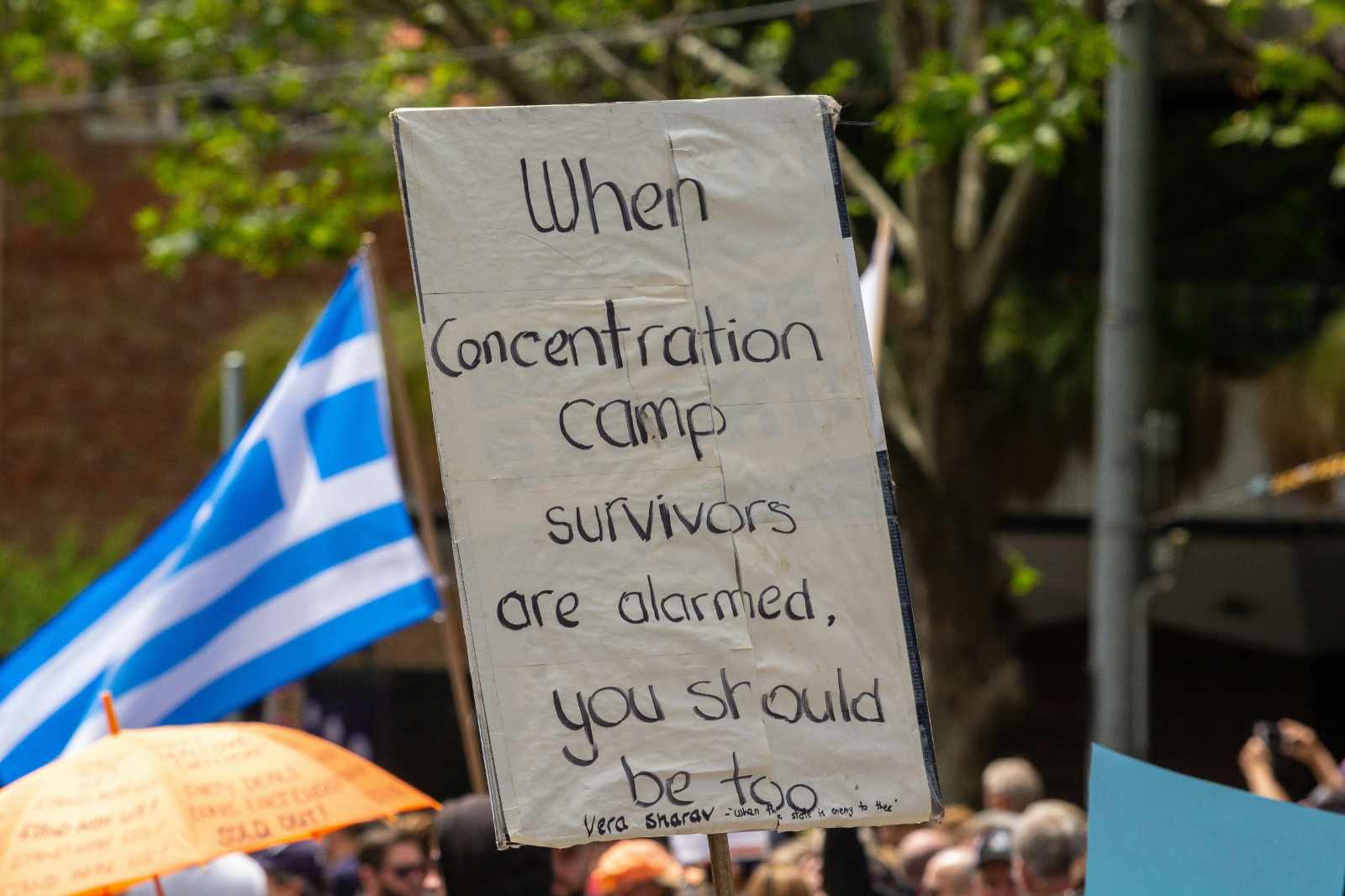A severe dengue fever outbreak is spreading among asylum seekers on Nauru as of August 1, 2025, raising urgent health and human rights concerns. The surge in dengue cases comes amid Australia’s ongoing offshore detention policy, which keeps dozens of vulnerable people in Nauru’s Regional Processing Centre.
Health advocates and refugee groups warn that the outbreak puts lives at risk, especially for those with existing health problems. The Asylum Seeker Resource Centre (ASRC) is calling for immediate action from the Australian government to protect asylum seekers on Nauru. “We are seeing a public health emergency unfold in real time,” an ASRC spokesperson said. “The government must evacuate all refugees and asylum seekers from Nauru for urgent medical care.”

Current Situation on Nauru
The dengue fever outbreak on Nauru is described as severe, with a sharp increase in infections among asylum seekers during July and August 2025. While exact numbers have not been released, the rise in cases is significant enough to prompt urgent calls for intervention. Many of those affected have chronic health conditions, making dengue fever—a mosquito-borne illness that can cause high fever, severe pain, and even death—especially dangerous.
The ASRC and other advocacy groups are demanding that the Australian government act quickly to prevent further illness and loss of life. They argue that the outbreak highlights the dangers of keeping people in offshore detention, where medical facilities are limited and outbreaks like dengue fever can spread rapidly.
Background: Australia’s Offshore Detention Policy
Australia has used offshore detention for asylum seekers since 2013, sending people who arrive by boat to Nauru 🇳🇷 and Papua New Guinea. This policy is part of a regional processing arrangement that has drawn criticism from human rights groups and the United Nations. As of mid-2025, about 93 asylum seekers remain on Nauru. Only four have been granted refugee status, while the rest are either appealing decisions or held in indefinite detention.
The cost of this policy is high. The Australian government has budgeted $604.4 million for offshore processing in 2024-25, which works out to about $6 million per detainee on Nauru. Despite these costs and international criticism, Australia continues to support the detention regime, though it denies direct control over the facilities on Nauru.
Legal and Policy Developments
In January 2025, the UN Human Rights Committee made a landmark decision, stating that Australia remains responsible for the welfare and detention of asylum seekers sent to Nauru. The Committee emphasized that Australia cannot avoid its human rights obligations by sending people offshore.
Late in 2024, Australia passed new migration laws that give the government more power to deport asylum seekers, including sending some back to Nauru. These laws have raised serious concerns among human rights groups, who say they put people at risk of further harm. In February 2025, Nauru signed a new agreement with Australia to accept deportees in exchange for payments under these new laws.
Meanwhile, New Zealand’s resettlement program for refugees from Nauru is set to end in June 2025. Over three years, up to 450 refugees have been resettled in New Zealand, but no new resettlement pathways have been announced. This leaves many asylum seekers stranded on Nauru with no clear future.
Stakeholder Responses
- Asylum Seeker Resource Centre (ASRC): The ASRC is urging the immediate evacuation of all refugees and asylum seekers from Nauru for medical care. They say the Australian government has a duty of care and must act now to prevent more suffering.
- UN Human Rights Committee: The Committee has repeated that Australia is responsible for the treatment of asylum seekers in offshore facilities and has condemned the practice of arbitrary detention.
- Nauru Government: Nauru continues to operate the Regional Processing Centre and has stated that the stay of asylum seekers is indefinite, with few options for resettlement.
- Australian Government: Australia maintains its offshore processing policy, denies direct control over Nauru’s facilities, and has passed laws to make deportations to Nauru easier.
Impact on Asylum Seekers
The dengue fever outbreak makes already difficult conditions even worse for asylum seekers on Nauru. The island’s medical infrastructure is limited, making it hard to manage outbreaks of infectious diseases. Many detainees have long-term health problems, so getting dengue fever can be life-threatening.
In addition to health risks, the lack of resettlement options and indefinite detention cause severe mental and physical stress. New Australian laws also place strict conditions on asylum seekers who are released into the community, such as curfews and electronic monitoring. These rules further limit their freedom and sense of safety.
Expert Analysis and Calls for Change
Human rights experts and refugee advocates say the dengue outbreak shows the humanitarian crisis caused by offshore detention. The United Nations and other international organizations are calling on Australia to end offshore detention and find safe, long-term solutions for asylum seekers.
According to analysis by VisaVerge.com, the outbreak is a direct result of poor health care and living conditions in detention facilities. “This crisis is not just about disease,” one advocate said. “It’s about a system that puts people’s lives at risk every day.”
Future Outlook
Advocacy groups like the ASRC continue to push for the immediate evacuation of all refugees from Nauru and Papua New Guinea for medical treatment and resettlement. The Australian government faces growing international pressure to follow UN rulings and rethink its offshore detention policies.
No new resettlement or transfer agreements have been announced after June 2025, leaving the future of the remaining asylum seekers uncertain. Legal challenges against deportations to Nauru are ongoing, and the situation remains tense.
Practical Information and Resources
- Asylum Seeker Resource Centre (ASRC): For help or information, call 03 9326 6066. Open Monday, Tuesday, Thursday, and Friday from 10am to 4pm (closed Wednesdays).
- UNHCR Canberra Office: Monitors and advocates for refugee protection and offshore detention issues.
- Australian Department of Home Affairs: Responsible for immigration and offshore processing. For official information, visit the Australian Department of Home Affairs.
What Can Be Done?
Immediate evacuation of those at risk, better medical care, and new resettlement options are needed to protect asylum seekers on Nauru. Governments and organizations must work together to find safe, fair, and lasting solutions for people seeking safety and a better life.
The dengue fever outbreak on Nauru is a warning sign. Without urgent action, the health and rights of asylum seekers will remain in danger. The world is watching, and the choices made now will shape the lives of many for years to come.
This Article in a Nutshell













